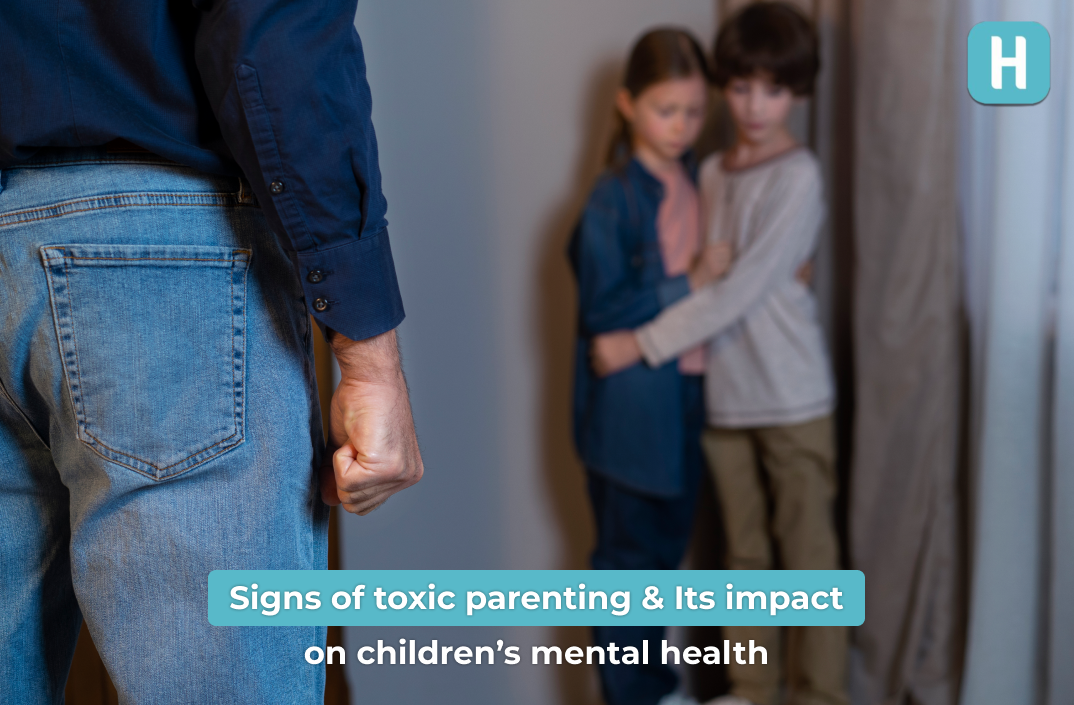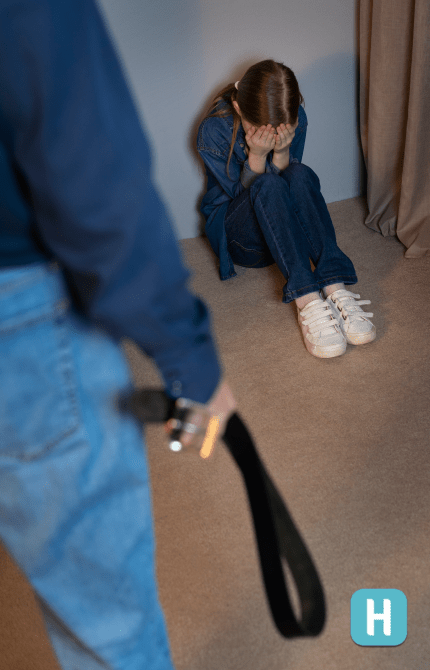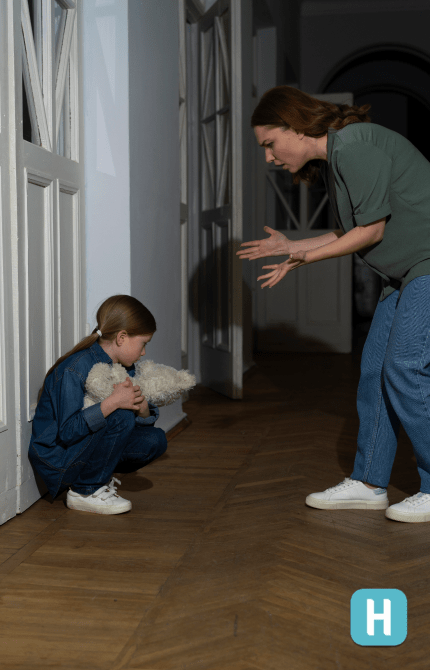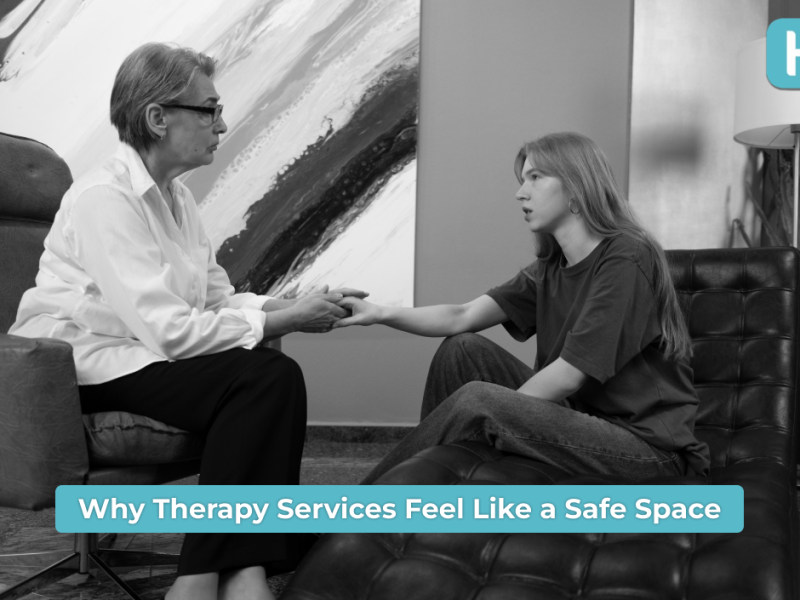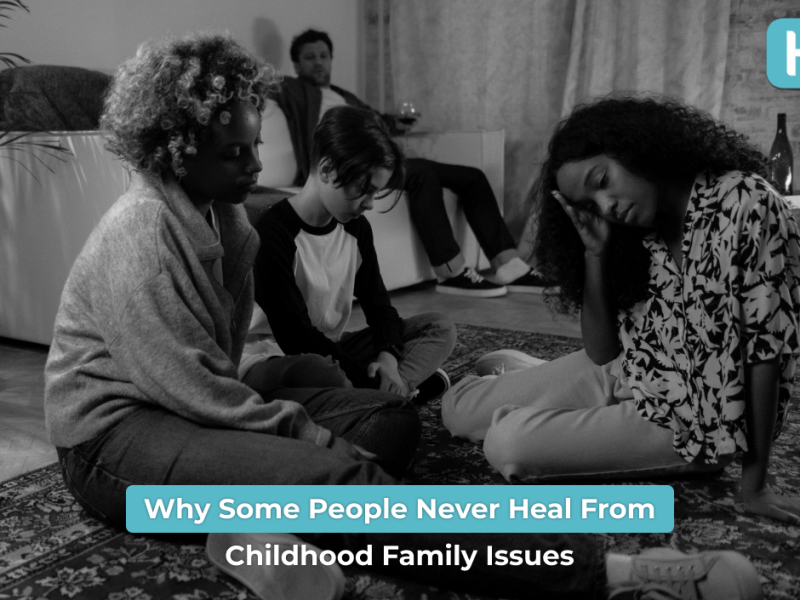Parenting is among the greatest important things that mold the lifetime of a child. It contributes to making the very foundation of the mental and emotional “well-being” of a child’s life with a highly supportive and loving parent. But not all parenting is healthy. This is the case, really, where the people meant to protect and nurture children were always the highest source of injury: toxic parenting.
Toxic parenting is different from just an occasional scolding or strict rule. It becomes a pattern of negative behavior, which can result in severe damage to the child psychologically in the very long term. Becoming an adult, he might find it very hard to get along with others. The signs of problems may not be apparent, but usually show later in life, where a child raised in a toxic environment struggles with anxiety, self-worth issues, and even depression.
This article discusses signs of toxic parenting, how they affect children’s mental health, and the importance of early discovery in the understanding of the cycle.
What Is Toxic Parenting?
It is defined as negative behaviors exhibited by parents that negatively affect their children emotionally or include some form of abuse. Such parents mostly focus on being critical, manipulative, controlling, and sometimes even being emotionally unavailable to their children. It is not about parents making gross mistakes and doing things they didn’t really intend to (every parent has done this at some time); it is true for toxic parents, behavior patterns are repeated over time, and there will seldom be a case for apology.
The most challenging part? Most toxic parents do not come to know how much they are harming their children. It is often their own unresolved traumatic experiences or possibly culturally ingrained beliefs.
But the part that is the same about it is that they end up being children who will grow up feeling unloved, invalidated, or unsafe emotionally.
Toxic Parenting Signs You Shouldn’t Ignore
It is not always easy to identify toxic parenting signs, especially when you may have grown up considering certain behaviors normal. Here are some common red flags that should be watched for:
- Constant Criticism
Toxic parents criticize everything from their child’s choices in clothing to their choice of words and decisions. Instead, they offer meaningless commentary that destroys what little self-confidence the child may have.
- No Boundaries
Normal and healthy parents respect their child’s personal space and privacy; toxic parents don’t care about this. They might go through their child’s phone, diary, and personal belongings, thinking they have the right to invade their privacy.
- Emotional Manipulation
Using guilt, fear, or shame to control a child’s behavior is one of the classic signs of toxic parenting. Phrases like “After everything I’ve done for you…” or “You’ll regret this when I’m gone” are examples of emotional blackmail.
- Gaslighting
Gaslighting is a psychological tactic where just about anyone would attempt to make you question your reality. Statements by parents during gaslighting could range from “That never happened,” to “You’re just being too sensitive.” Gradually, it could make you feel unworthy, ashamed, or even lose trust in your perception altogether.
- Conditional Love
Toxic parents usually love their children only when they fit certain criteria. For example, if a child fails an exam, takes a different line of thought, or makes a mistake, the parents may respond with either cold silence or punishment rather than empathy.
- Neglect or Emotional Unavailability
Some parents may provide for their children materially but never emotionally. They do not engage in conversation, do not listen, and do not soothe their child when he or she is hurt. This quiet neglect can be just as damaging as a more blatant form of abuse.
- Blaming the Child for Everything
Toxic parents will often blame the child when something goes wrong in the household. The child’s actions will even be blamed for adult problems such as financial stress or marriage woes, which makes the child feel like a burden.
Effects of Toxic Parenting on Children’s Mental Health
These wounds do not merely remain inflicted during childhood but are carried into adulthood. Many suffer emotional scars that go ahead to affect their relationships, careers, and self-Worth. Here are some of the most common mental health consequences:
- Low Self-Esteem
Experienced most commonly in children raised by toxic parents, they have generalized that they are not good enough. Their doubts in ever being able to accomplish anything worth mentioning stem from the constant criticism and emotional manipulation.
- Anxiety and Depression
Toxic environments can easily become havens for chronic stress and later lead to Adverse Childhood Experiences (ACEs), which most likely increase the risk for mental health conditions like anxiety, depression, or even PTSD later in life.
- Fear of Failure
Harsh judgments by parents often make children want to be perfectionists as they develop a fear of making mistakes. Those mistakes would have brought punishment or humiliation.
- Difficulty in Relationships
Distortion of comprehension of love and trust is introduced from a parent relationship of toxicity. They are likely to have difficulty in being intimate, abandonment fears, or attracting equally toxic partners.
- Lack of Emotional Regulation
Without healthy emotional guidance from parents, children inability to control their emotions.
Toxic Parent Relationships: The Long-Term Damage
A toxic parent relationship doesn’t magically end when the child becomes an adult. Many grown children continue to feel obligated to their toxic parents, even when those relationships bring them pain. This ongoing emotional strain can lead to:
Chronic stress and anxiety
Guilt for setting boundaries
Conflict in romantic relationships
People-pleasing behaviors
Difficulty trusting others
Some adults even choose to go “no contact” with their parents after years of emotional damage. While this is never an easy decision, it can be necessary for healing and mental peace.The Role of Adverse Childhood Experiences (ACEs)The term Adverse Childhood Experiences refers to traumatic events that occur before the age of 18. These include abuse, neglect, and household dysfunction, like growing up with a toxic parent.
Research shows that the more ACEs a child experiences, the higher their risk for:
Mental health disorders
Substance abuse
Poor academic performance
Chronic physical illness
Children from toxic homes often fall into this category, even if the trauma was emotional rather than physical.
How to Heal from Toxic Parenting:
Healing from toxic parenting is a deeply personal and often painful journey, but it’s possible. Whether you’re still living with your parents or are now an adult trying to make sense of your past, here are a few ways to start the healing process:
- Acknowledge What Happened
The first step is recognizing that your experiences were not normal or healthy. Validating your own pain is essential before any healing can begin.
- Seek Therapy
Talking to a licensed therapist can help you unpack childhood trauma and learn healthy coping mechanisms. Therapists can also help you break toxic cycles and build better relationships moving forward.
- Set Boundaries
Whether you live with your parents or not, setting emotional and physical boundaries is crucial. This might mean limiting contact or clearly communicating what behavior you will no longer tolerate.
- Practice Self-Compassion
Children of toxic parents often become their own worst critics. Learning to treat yourself with kindness, patience, and care can undo years of internalized negativity.
- Surround Yourself with Supportive People
You don’t need a large circle—just a few people who genuinely care for you. Having someone who listens without judgment can be incredibly healing.
Breaking the Cycle for the Next Generation
The good news is, being raised by toxic parents doesn’t mean you’ll become one. By recognizing the signs and understanding the effects of toxic parenting on children, you can choose a different path.
You can:
Apologize to your children when you’re wrong
Be open to learning and growing
Respect their boundaries
Teach them to express emotions in healthy ways
Create a home that feels emotionally safe
Breaking the cycle of toxic parenting is one of the greatest gifts you can give to the next generation.
